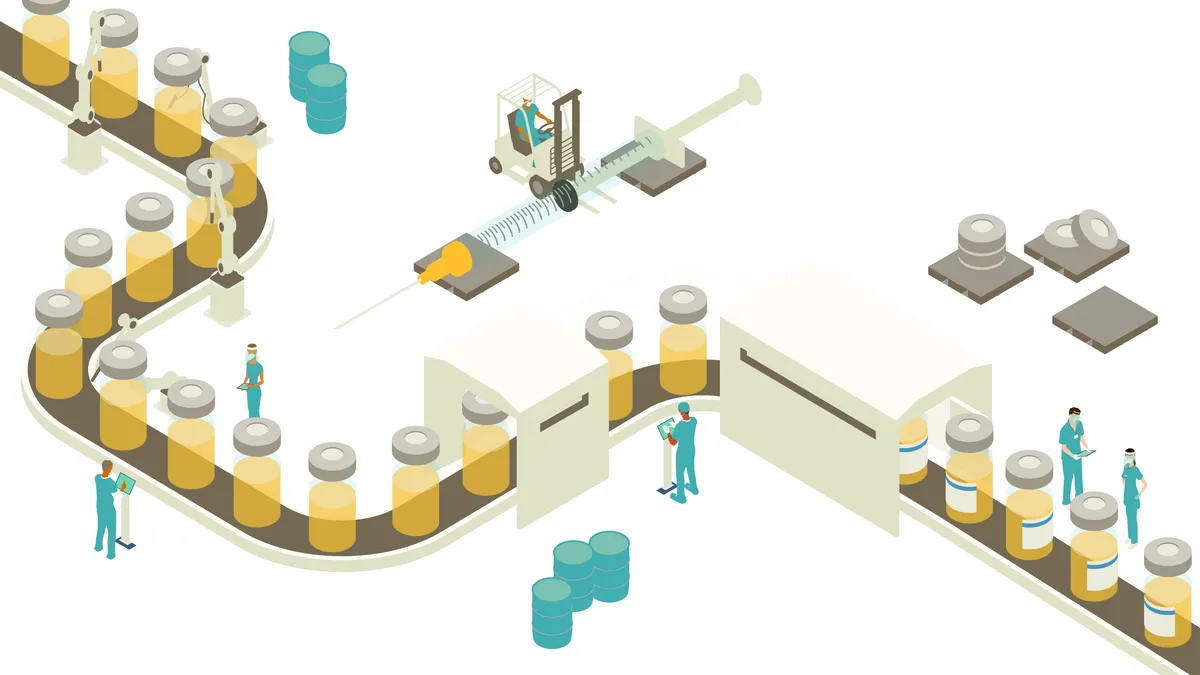FDA Issues Guidance on Registering Clinical Trials
Trending now: A new rule takes steps to provide more information about clinical trials to the public.
In an effort to make information about clinical trials widely available to the public, the U.S. Department of Health and Human Services in September issued a final rule that specifies requirements for registering certain clinical trials and submitting summary results information to ClinicalTrials.gov.
The new rule expands the legal requirements for submitting registration and results information for clinical trials involving U.S. Food and Drug Administration-regulated drug, biological, and device products. At the same time, the National Institutes of Health has issued a complementary policy for registering and submitting summary results information to ClinicalTrials.gov for all NIH-funded trials, including those not subject to the final rule.
Requirements under the final rule apply to most interventional studies of drug, biological, and device products that are regulated by the FDA. The requirements do not apply to Phase I trials of drug and biological products, or small feasibility studies of device products. The final rule specifies how and when information collected in a clinical trial must be submitted to ClinicalTrials.gov. It does not dictate how clinical trials should be designed or conducted, or what data must be collected.
“When people participate in clinical trials, they are volunteering to create generalizable knowledge to help others in the future and we want their participation honored by ensuring that the existence of trials and their results are available to all patients and their healthcare providers, as well as researchers," says FDA Commissioner Robert Califf, M.D. “The FDA will help ensure compliance with these new requirements so that patients and providers can have confidence in and access to significantly more clinical trial information, and researchers can improve clinical trial focus and design."
Program Aims to Improve Board Diversity in the Life Sciences Industry
Women In Bio, an organization of professionals committed to promoting careers, leadership, and entrepreneurship of women in the life sciences, has launched the inaugural Boardroom Ready program for women executives in the life sciences, hosted by George Washington University.
WIB’s Boardroom Ready certificate program was modeled after Biogen’s successful program Raising the Bar: Advancing Women on Boards and is designed to prepare women executives to serve on corporate boards. The inaugural class consists of two three-day sessions covering topics including corporate governance, investor relations, financial strategy and policy, crisis management, and legal liability.
Academic sessions are led by industry leaders at George Washington University and each candidate is paired with a mentor who can also provide introductions to facilitate board appointments.
“We are pleased to be welcoming the first class of women executives this week, a group of highly qualified, knowledgeable, experienced women who recognize that the Boardroom Ready program is an opportunity to further hone their skills and broaden their experiences," says Kristi Sarno, national president of Women In Bio. “Program graduates will have access to a large and growing network of industry veterans who are dedicated to promoting women leadership, which includes paving the way for more of them to serve on corporate boards."
New Vaccine-Focused Company Aims To End Herpes
Rational Vaccines (RVx), launched in September, aims to stop the spread of herpes and improve treatment options for millions of people who live with recurrent herpetic disease. Based on 20 years of preclinical studies, RVx has developed a new class of rationally engineered live vaccines that may safely and effectively prevent the spread of herpes simplex viruses 1 and 2 (HSV-1 and HSV-2).
Leading this groundbreaking effort is chief science officer William Halford, Ph.D., an associate professor at the Southern Illinois University School of Medicine.
RVx is offering the world a fundamentally new solution to the age-old herpes problem in the form of a new class of live HSV-1 and HSV-2 ICP0- mutant vaccines. Dr. Halford’s 10 years’ worth of preclinical studies detail how and why these rationally-engineered live HSV vaccines are safe and far more effective than past herpes vaccine concepts.
“The safety of live HSV ICP0- mutant vaccines is far better understood than any live viral vaccine currently administered to children, such as the MMR vaccine," Dr. Halford says. “These live HSV vaccines establish a self-limited infection at the immunization site that quickly resolves and leaves the body’s immune system prepared to fight off real HSV-1 or HSV-2 viruses."
With venture capital funding, RVx has developed the infrastructure to run a Phase I clinical trial of its new TheravaxHSV-2 vaccine. This therapeutic HSV-2 vaccine candidate will be evaluated in genital herpes sufferers to verify its safety and explore its potential to help sufferers achieve better immune control of HSV-2 and fewer herpes outbreaks. (PV)

















